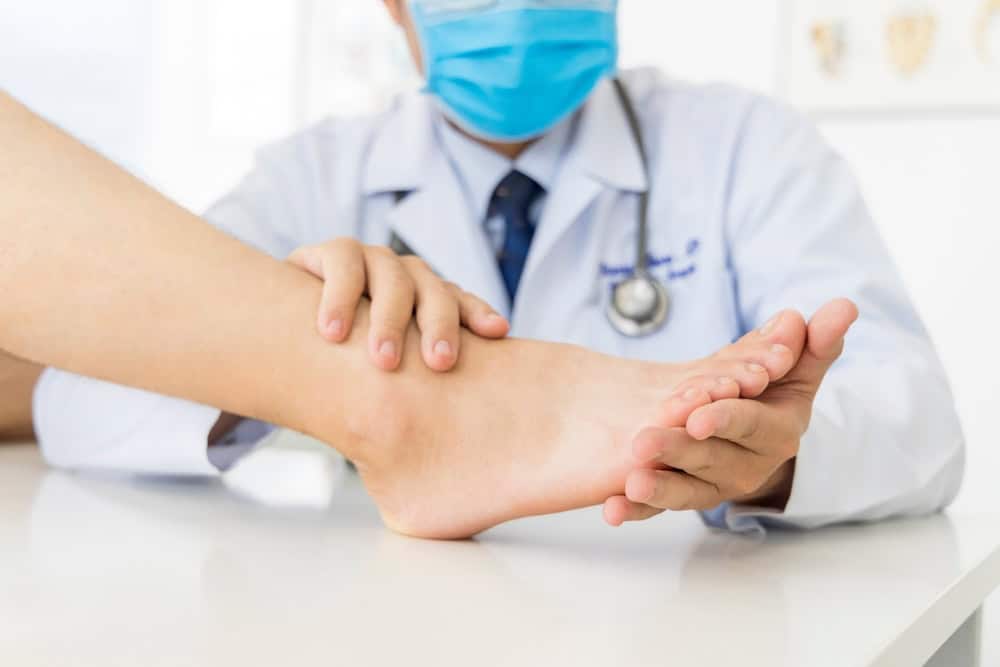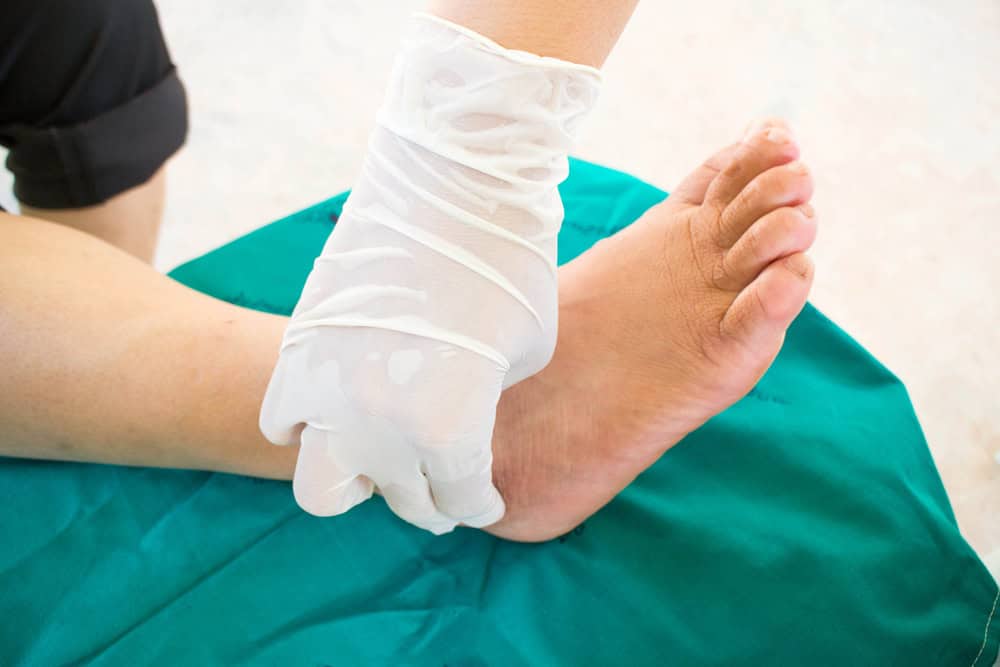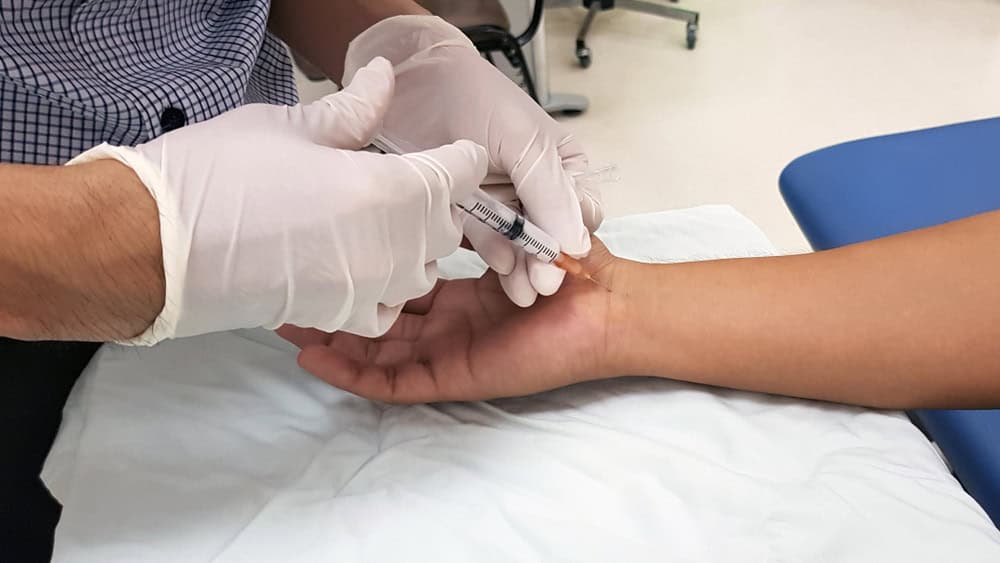Are you dealing with chronic nerve pain? The neuropathy doctor in Marble Hill, NY at NY Spine Medicine provides nerve damage treatment to reduce symptoms and improve mobility. Let us help you regain comfort and control.

Reviews

At NY Spine Medicine, our Marble Hill, NY neuropathy doctor provides specialized chronic nerve pain treatment, helping patients find relief from chronic and debilitating pain. We use the most advanced diagnostic tools, including EMG and nerve conduction studies, to locate the cause of nerve damage and create effective treatment plans.
By combining physical therapy, nerve stimulation, and medication, we help patients in New York City manage peripheral neuropathy and regain their mobility-and their lives. Whether you’re experiencing tingling, numbness, or ongoing pain, our neuropathy specialists are here to help.


Ready to get started?
Living with peripheral neuropathy or chronic nerve pain can weigh you down. At NY Spine Medicine, our neuropathy specialists work to identify the cause of your pain and provide treatments that help restore function.
Our neuropathy treatment center in New York City offers a combination of regenerative medicine, nerve therapy, and customized treatment plans to reduce symptoms and improve overall well-being. Take control of your health-contact our Marble Hill, NY neuropathy doctor today to explore your nerve damage treatment options.

Marble Hill has been occupied since the Dutch colonial period. On August 18, 1646, Governor Willem Kieft, the Dutch Director of New Netherland, signed a land grant to Mattius Jansen van Keulan and Huyck Aertsen which included the whole of the present community. Johannes Verveelen petitioned the Harlem authorities to move his ferry from what is now the East River and 125th Street to Spuyten Duyvil Creek because the creek was shallow enough to wade across, thus providing a means of evading the toll. The ferry charter was granted in 1667. Many settlers circumvented the toll for the ferry by crossing the creek from northern Marble Hill to modern Kingsbridge, Bronx, a point where it was feasible to wade or swim through the waters. In 1669 Verveelen transplanted his ferry to the northern tip of Marble Hill, at today’s Broadway and West 231st Street.
Two bridges connected Marble Hill with the mainland: the King’s Bridge and the Dyckman Free Bridge. In 1693 Frederick Philipse, a Frisian-born merchant who had sworn allegiance to the Crown upon the British takeover of Dutch New Netherlands in 1664, built the King’s Bridge at Marble Hill near what is now West 230th Street in the Bronx. A prominent trader in New Amsterdam, Philipse had purchased vast landholdings in what was then Westchester County during the 1670s and 1680s. Granted the title Lord of Philipse Manor, he established a plantation and provisioning depot for his shipping business upriver on the Hudson in present-day Sleepy Hollow. His toll bridge provided access and opened his land to settlement. Later, it carried the Boston Post Road.
In 1758, the Free Bridge was erected by Jacob Dyckman and Benjamin Palmer. It opened on January 1, 1759. Its purpose was to serve the farmers who refused to pay the toll. Stagecoach service was later established across the span. The new bridge proceeded to take much of the traffic away from the King’s Bridge.
Learn more about Marble Hill.Local Resources